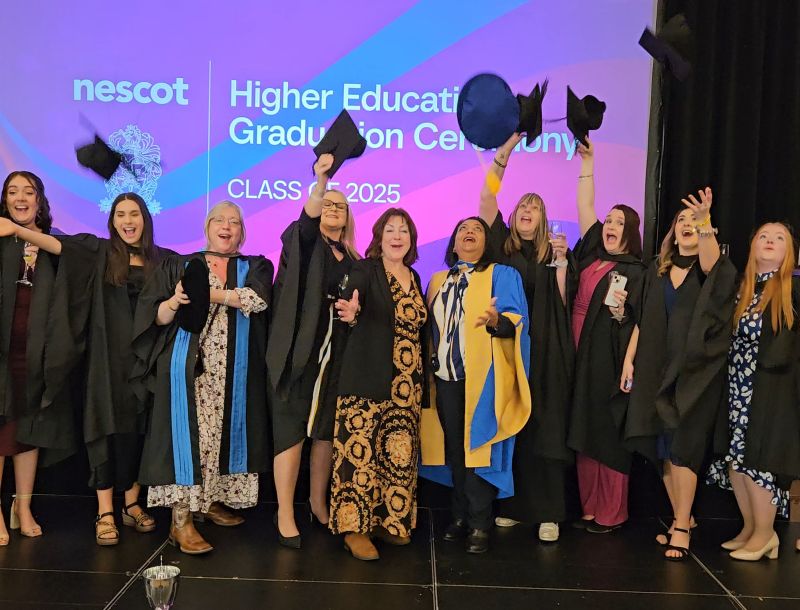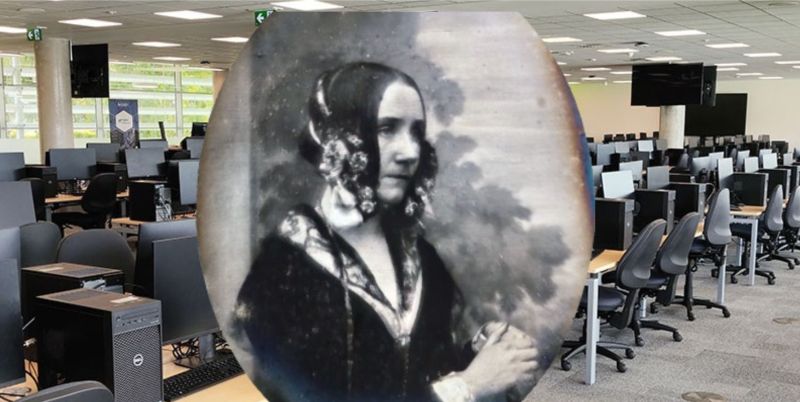Ada of Surrey inspires big AI project
Drawing inspiration from Ada Lovelace, who resided in Surrey, a computing pioneer and translator who overcame societal barriers in the 19th century, the “ADA network” based at Surrey University aims to usher in a transformative era of AI research focused on digital inclusion.
Augusta Ada King, Countess of Lovelace (née Byron; 10 December 1815 – 27 November 1852) was an English mathematician and writer, chiefly known for her work on Charles Babbage’s proposed mechanical general-purpose computer, the Analytical Engine. She was the first to recognise that the machine had applications beyond pure calculation. In 1835, she married the first Earl of Lovelace, becoming Lady King. They had a home in Ockham Park, Surrey.
The University of Surrey has been granted a multi-million-pound award from the Leverhulme Trust to spearhead a groundbreaking initiative aimed at ensuring equitable access to artificial intelligence (AI)-powered digital media. This ambitious project, named the Leverhulme Doctoral Scholarships Network for AI-Enabled Digital Accessibility (ADA), will receive a grant of £2.15 million over eight years.
Professor Sabine Braun, ADA Director at the University of Surrey, emphasized the importance of digital media accessibility, stating that it is pivotal for engaging with various aspects of life, from public information to entertainment. The ADA project aims to leverage AI technology to make digital content accessible to individuals of all ages, languages, cognitive and sensory abilities, and physical mobility.
In today’s digital landscape, interacting with digital content involves complex sensory inputs. However, accessibility issues arise when individuals cannot access content in their preferred language or format. While traditional methods like text subtitles or simplified versions have been used to address these challenges, the sheer volume of digital content necessitates AI-driven solutions.
The ADA project seeks to advance AI-driven accessibility solutions by integrating insights from the humanities and social sciences to better understand user needs.
The Surrey Institute for People-Centred AI (PAI) will host the ADA project, aligning with its mission to advance AI from a human-centric perspective. The project will draw expertise from three renowned research centers at the University of Surrey: the Centre for Translation Studies (CTS), the Centre for Vision, Speech and Signal Processing (CVSSP), and the Nature Inspired Computer and Engineering Research Group (NICE).
CTS will contribute expertise in language and translation technology to improve media accessibility, while CVSSP will leverage its world-leading AI and computer vision capabilities. NICE will provide specific expertise in knowledge-driven AI and machine translation for under-resourced languages.
Professor Adrian Hilton, Director of PAI and CVSSP, highlighted ADA’s vision to establish a hub for high-quality research training in AI-enabled digital accessibility. By collaborating with Surrey’s Digital World Research Centre (DWRC), Digital Societies, and Brain and Behaviour research groups, the ADA project aims to drive meaningful advancements in AI accessibility, ensuring that media services are accessible and inclusive for all individuals and society.
Image: Daguerreotype by Antoine Claudet and Surrey University’s newest lab that has 200 machines which are each equipped with a Nvidia Quadro P4000 Graphics Card: useful for intensive jobs that require multiple cores in areas such as data science, AI and deep learning.




















